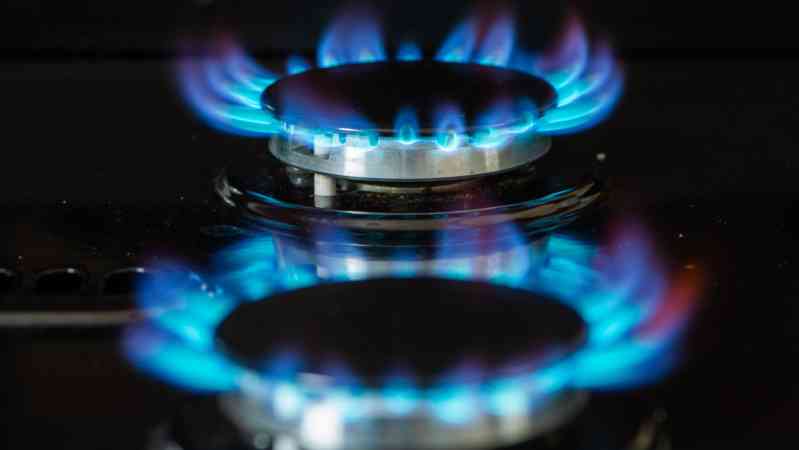Energy companies supplying about a third of British households do not meet Ofgem’s financial resilience standards, according to the regulator’s latest analysis.
Ofgem has written to energy companies warning them that they must use an expected return to profitability this year to bolster their balance sheets before they consider paying dividends to shareholders.
In an open letter to suppliers, Jonathan Brearley, its chief executive, said some suppliers were “not yet sufficiently well capitalised . . . We expect suppliers that are not yet meeting our new capital requirements to retain profits rather than pay out dividends.”
The regulator declined to specify which companies were falling short of its standards. which are designed to prevent costly supplier failures. However, it has told analysts that roughly “a third of the market is below the target”. Questions have been raised about the financial strength of some of the largest companies: Ovo Energy included a warning over its ability to continue as a going concern in its 2021 accounts, while Octopus Energy was described by Brearley recently as being on a “journey” to a “more financially resilient position”. Both companies have expressed confidence in their financial position.
More than two dozen suppliers collapsed in late 2021 as wholesale energy prices rose sharply, leaving behind costs of about £3 billion that are being borne by consumers. While many of those that failed were poorly run start-ups, most big suppliers — with the exception of British Gas — have been lossmaking for the past four years after the introduction in 2019 of the energy price cap.
The cap limits prices for households on standard tariffs. It was designed to force suppliers to operate efficiently instead of exploiting loyal customers, but Ofgem has acknowledged that at times the cap has been set too low. This may have contributed to the failure of some suppliers that were unable to recoup their costs.
The regulator believes that this year the energy retail sector will return to profit, on average, for the first time since 2018. The level of the price cap has been increased in the first half of 2023 to compensate suppliers for being set too low previously, and Ofgem is proposing an increase to the level of profits under the cap from October.
In his letter to suppliers, Brearley indicated that the long-term future of the cap was in question as it may “not be compatible with the more flexible energy market we expect in future”.
He said the regulator was “exploring whether there is an alternative that could retain price protection for consumers but with greater flexibility and resilience”.
